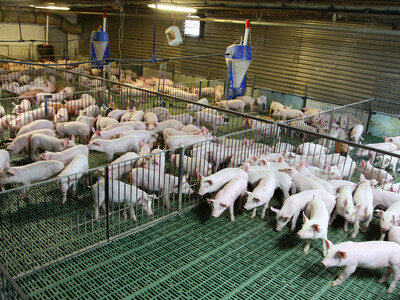Controversial Royalty in Kind Program
Controversial Royalty in Kind Program. I’m Greg Martin with today’s Line On Agriculture.
Recently in testimony to the House Natural Resources Committee Secretary of the Interior Ken Salazar announced he is reforming and restructuring the Department’s management of
SALAZAR: My view of the Royalty in Kind program is that we should end it; and because it is created through administrative order and the authority which I have as Secretary, I do intend to terminate the Royalty in Kind program. And as I terminate the Royalty in Kind program, my comment to the members of this committee, it to ask you to continue to work with us as we move forward with the broader issue. Because the Royalty in Kind program and its termination is only one thing that we have to do with respect to how address the whole issue of royalties from oil and gas production on our public lands. There are many other issues out there, including royalty simplification. How do we make the collection of royalties more transparent and easier to do and less subject to the kinds of issues that both the OIG and the General Accounting Office have raised.
Secretary Salazar cites forward movement in the development of renewable energy.
SALAZAR: We are fast-tracking solar, wind and geo-thermal energy projects throughout the country. We have set aside a thousand square miles for intensive study for solar energy production in states in the western part of
That’s today’s Line On Agriculture. I’m Greg Martin on the Northwest Ag Information Network.

















